Are All-White Kitchens Going Out of Style?
Is this the end of white kitchens? Here is what you should consider if you have or are looking at an all-white kitchen.
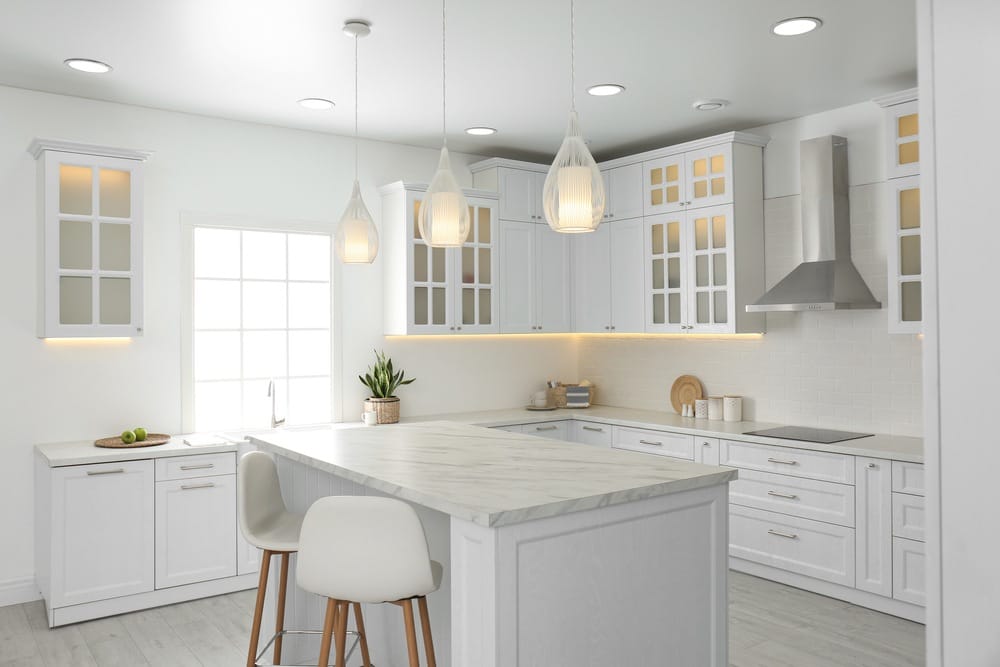
White kitchens have been a staple of many homes for decades. Their versatility and classic appeal have made them the go-to style choice for many. However, there has been a lot of talk lately among homeowners, designers, and builders about whether it's time to say goodbye to that all-white kitchen.
Home design trends come and go and are largely influenced by changing lifestyles, economic shifts and technological advances. While the all-white, minimalistic aesthetic has dominated our lives, in a post-pandemic world, people yearn for color, personality and uniqueness in their homes. So, how does that impact white kitchens? Let's take a look.
The allure of white kitchens
So, what makes white kitchens such a popular staple in interior design? Their lasting appeal is attributed to their ability to evoke a clean and airy aesthetic, creating an illusion of space even in the most compact areas. This minimalist backdrop gives homeowners an ideal canvas for expressing their style and creativity.
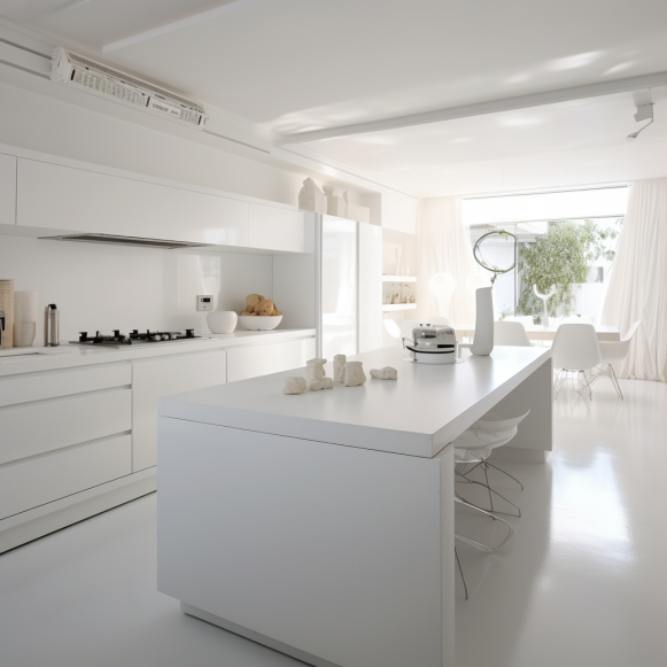
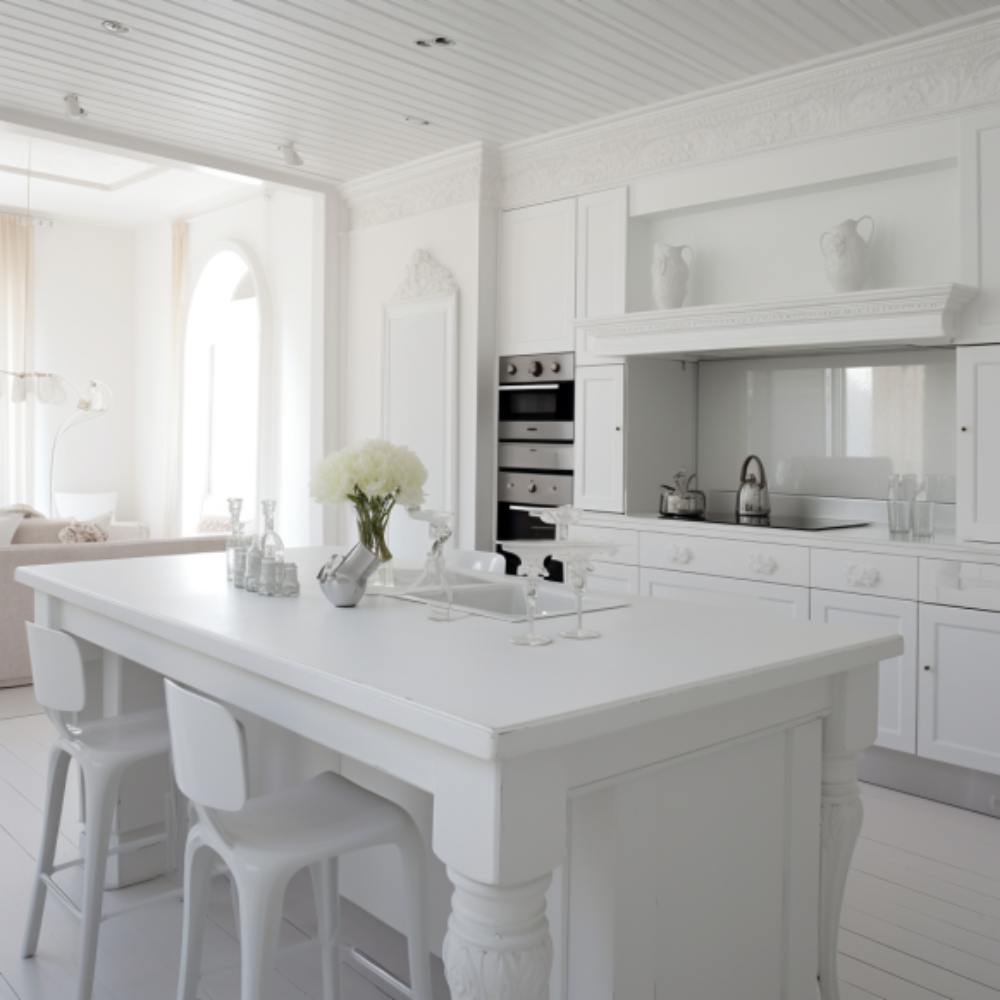
All-white kitchen | Midjourney
An all-white color scheme contributes significantly to the perception of kitchen space, making it appear larger and brighter. The light-reflective properties maximize natural light, illuminate the kitchen space, and generate a sense of expansiveness. By utilizing a white color scheme, even smaller kitchens can attain an airy, open, and bright ambiance, enhancing both their aesthetic and functional appeal.
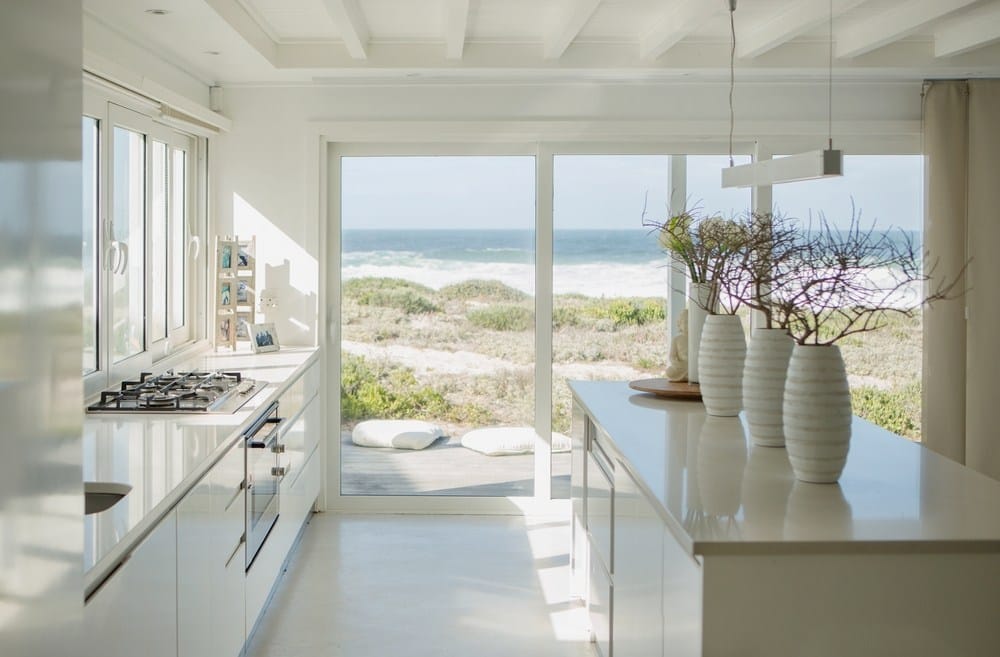
White kitchens also offer timeless elegance and chic simplicity that works with many different interior design styles, from rustic charm to modern minimalism. Unsurprisingly then, many people choose to get a white kitchen in their homes.
Changing attitudes towards white kitchens
While white kitchens have traditionally been seen as a symbol of cleanliness and simplicity, in the post-pandemic world, that's no longer the case. This change in attitude can be attributed to a variety of factors. Foremost among these is the growing interest in personalization and expression of individuality in home design.
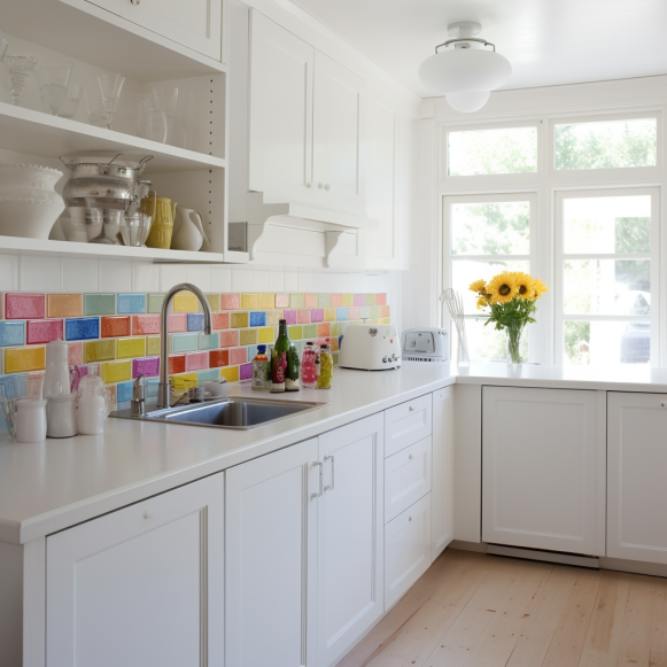
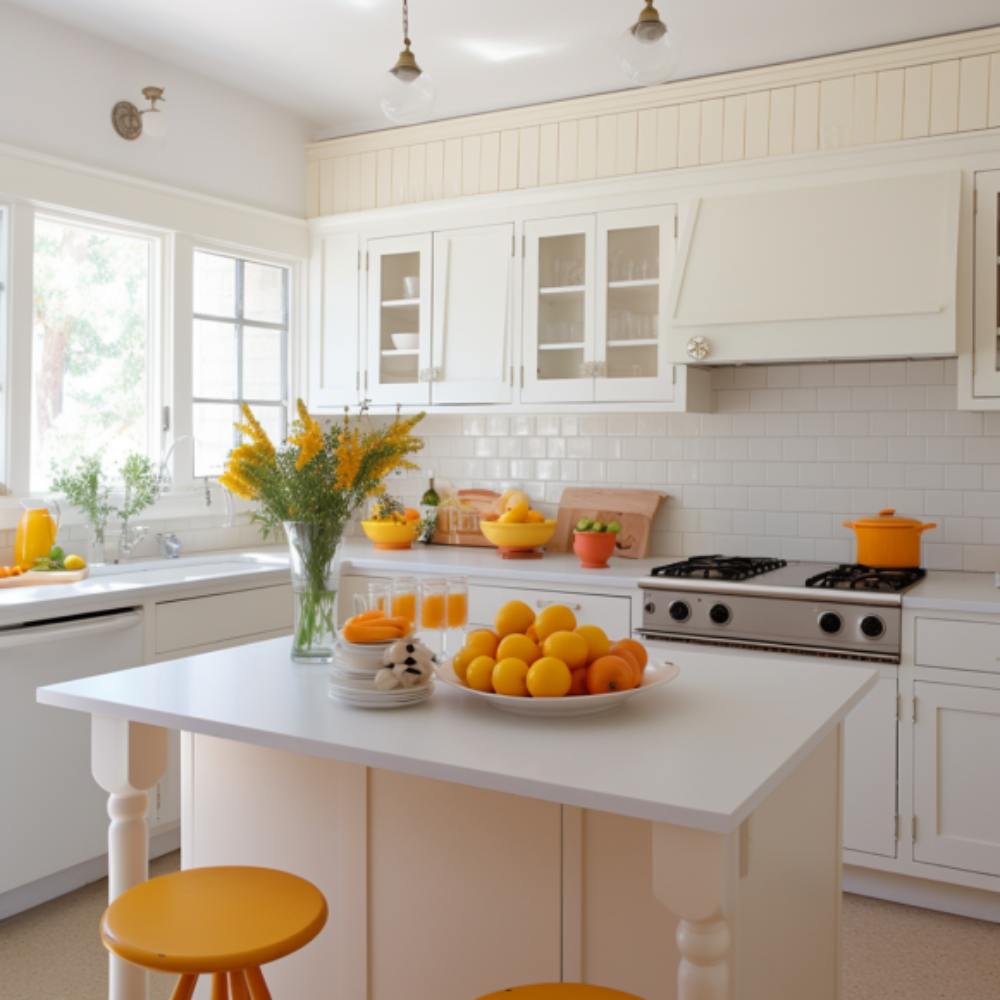
Colorful kitchen | Midjourney
Homeowners increasingly seek unique and distinctive kitchens that reflect their style and lifestyle, leading to a tendency to move away from the uniformity and perceived sterility of all-white kitchens.
In addition, a growing awareness of the importance of sustainability and eco-friendly design has influenced kitchen trends. Using natural materials with unique textures and colors has become more popular, often replacing pristine white surfaces with earth-toned alternatives.
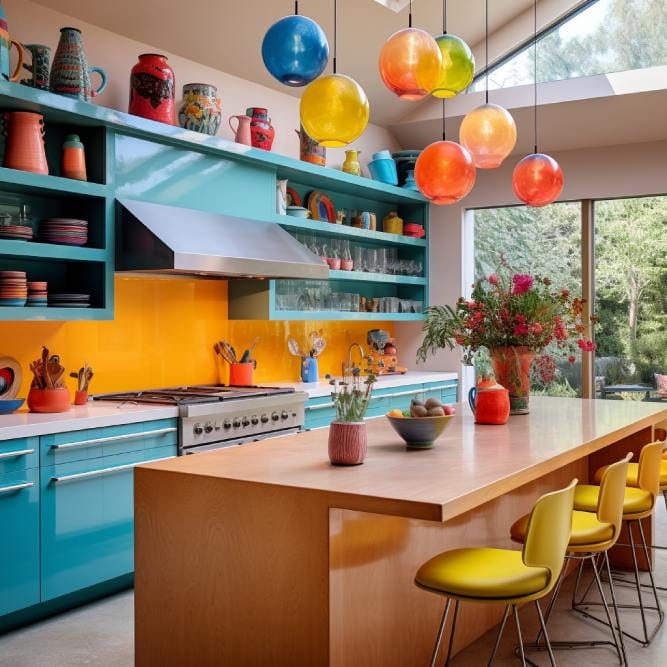
These changes reflect a broader shift in societal values, with a growing emphasis on individual expression and sustainable living, impacting how we perceive and design our living spaces.
How to update your white kitchen
Updating your white kitchen doesn't necessarily mean you need a complete overhaul. One of the most effective ways to transform its look is by replacing or refinishing your cabinets. If your cabinets are structurally in good shape, add a fresh coat of paint or a stain to give them a new look.
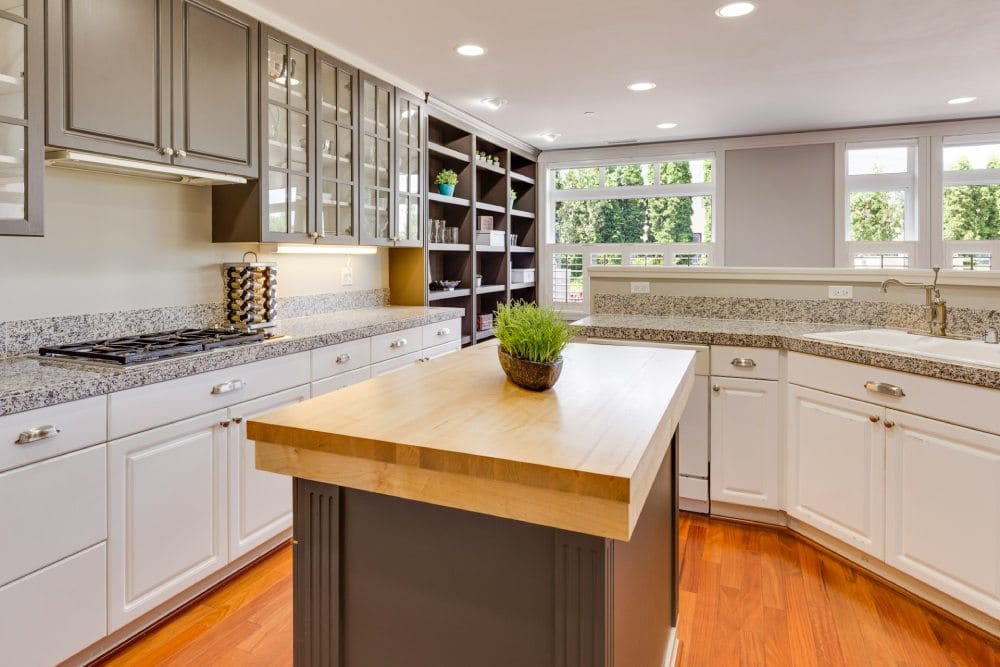
Choose a color that contrasts with white, like dark gray, to create a more modern and eye-catching vibe. Spruce it up with modern gold hardware for an updated and sleek look.
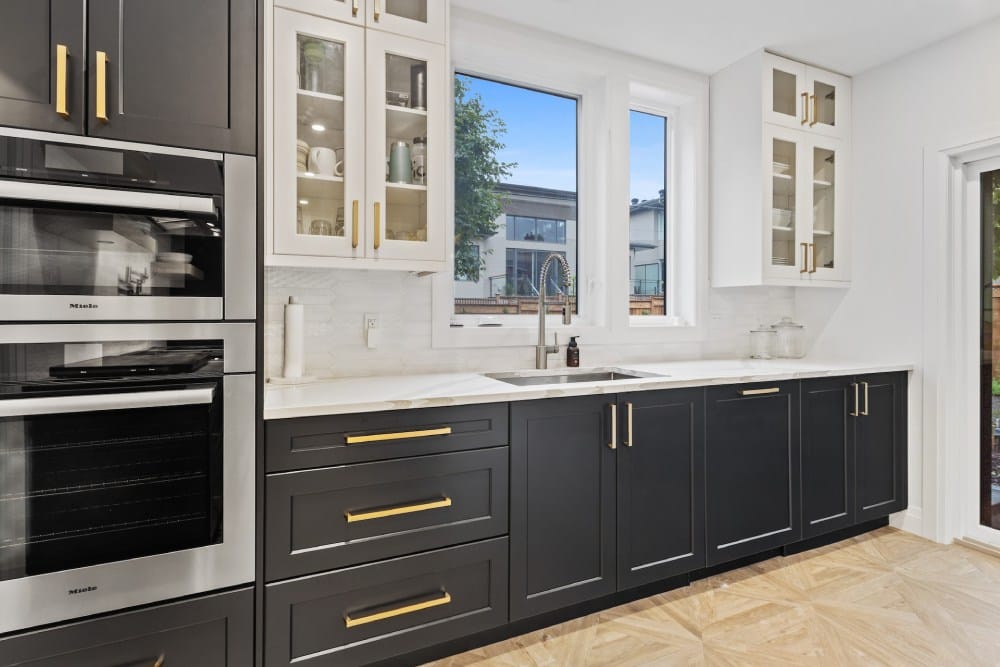
Changing the hardware on your cabinets can also make a big difference without the need for a complete overhaul. Choose a contemporary matte black for a modern look or a brushed brass for a more traditional feel. By focusing on your cabinets, you can achieve a significant transformation in your kitchen without the need for a comprehensive remodel.
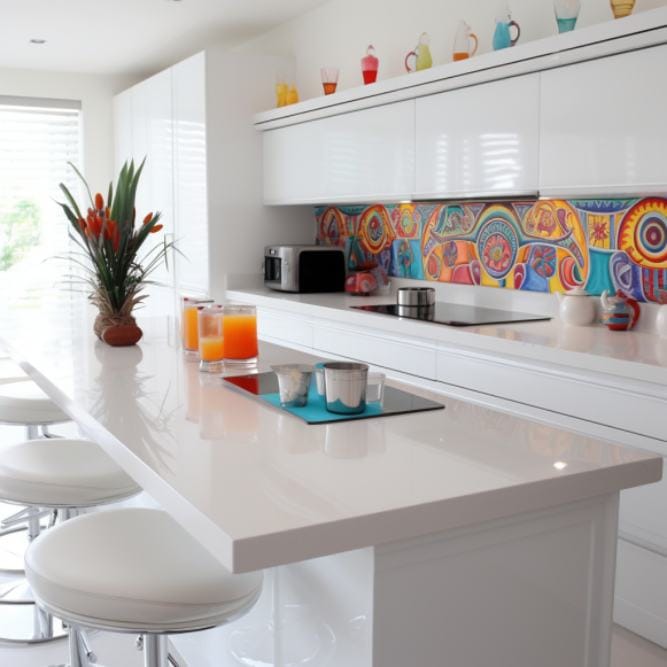
Another great way to update your all-white kitchen is by adding contrasting backsplash or countertops. This works exceptionally well if either one needs updating or your kitchen doesn't have an existing backsplash.
Things to consider before overhauling your white kitchen
Before deciding whether to update or change an all-white kitchen just because it's perceived to be going out of style, it's important to consider several factors. Here's some advice on what to ponder before making a decision:
Personal preference: Assess your personal style and preferences. Do you still love the look and feel of your white kitchen, or do you feel compelled to change it because of external trends or opinions? Your home's comfort and satisfaction should precede fleeting design trends.
Functionality and practicality: Evaluate the functionality of your current kitchen. Does it meet your needs in terms of storage, workflow, and usability? Changing the design solely for aesthetic reasons might not be worthwhile if it compromises functionality.
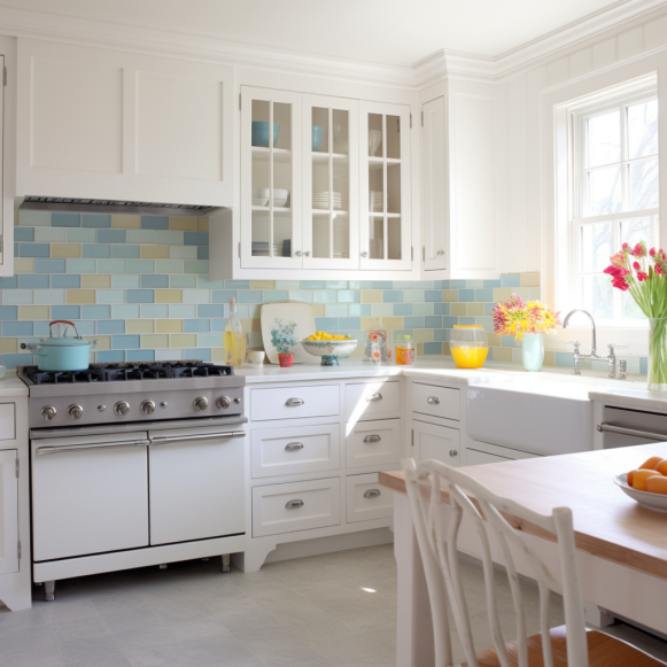
Overall home aesthetic: Consider the overall aesthetic and style of your home. Will changing the kitchen disrupt the flow or coherence of the house's design? Before making any drastic changes or updates, ensure they align with the existing interior design scheme.
Budget and resources: Renovating or updating a kitchen can be a significant investment. Consider your budget and the resources required for the changes. Determine if you're willing and able to commit the time, effort, and financial resources needed for the update.
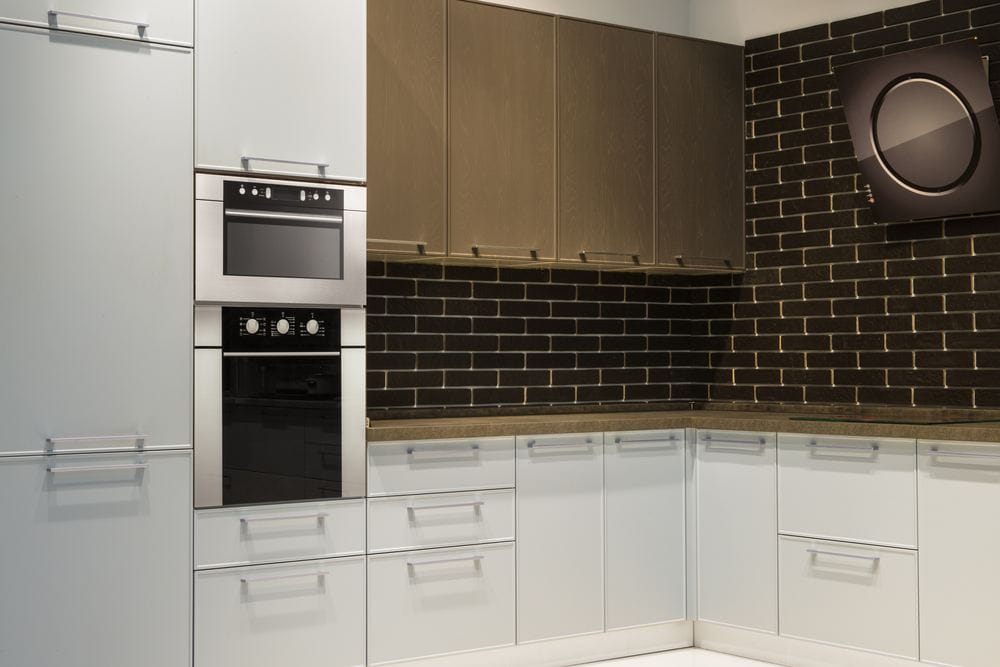
Future resale value: If you're contemplating a change due to the potential impact on the resale value of your home, research local real estate trends. Sometimes, what's considered outdated in design trends might still be appealing to potential buyers.
Longevity of trends: Assess the staying power of the perceived outdated trend. Despite momentarily falling out of favor, some design elements often cycle back into popularity. White kitchens, for instance, have shown remarkable staying power due to their timeless appeal.
Alternative modifications: Explore alternatives to a full-scale renovation. Simple updates like changing hardware, adding accent pieces, or altering decor can breathe new life into a white kitchen without a complete overhaul.
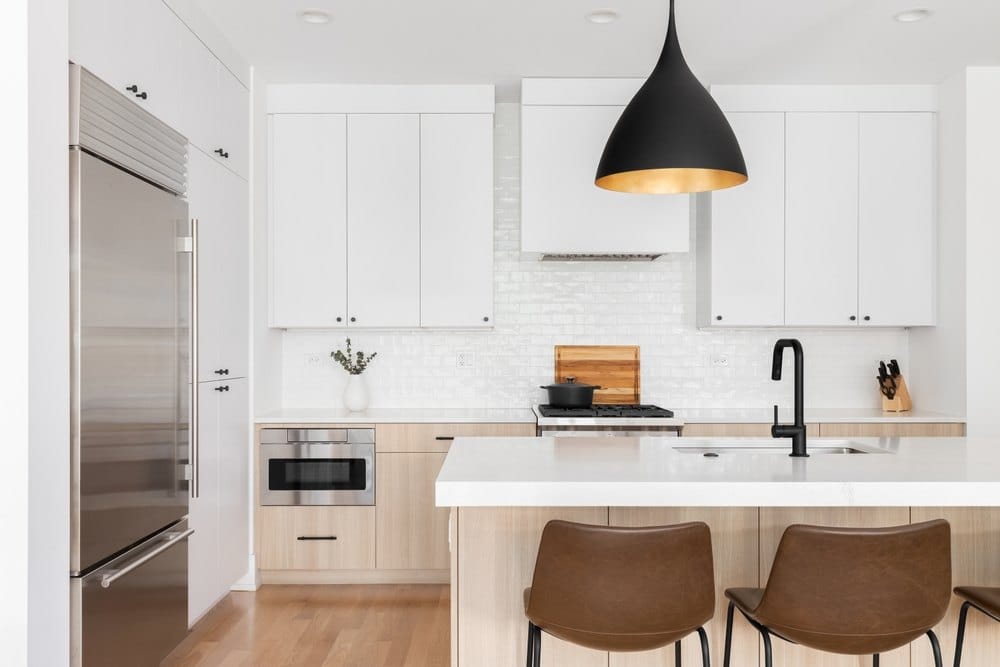
Environmental impact: Consider the environmental impact of renovation. Changing a perfectly functional kitchen solely for aesthetic reasons may contribute to unnecessary waste. Exploring eco-friendly ways to update or modify the existing space could be a more sustainable choice.
Consulting professionals: Seek advice from interior designers or renovation experts. They can offer advice and solutions based on your specific situation to help you make informed decisions about whether or not to update your kitchen.
Conclusion
Ultimately, the decision to update an all-white kitchen should be based on a balance between personal preferences, practicality, budget, and the long-term vision for your home. It's essential to strike a balance between current trends and timeless design elements that bring you joy and comfort in your living space.
